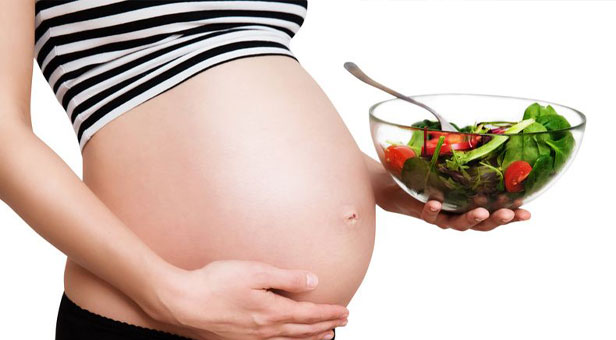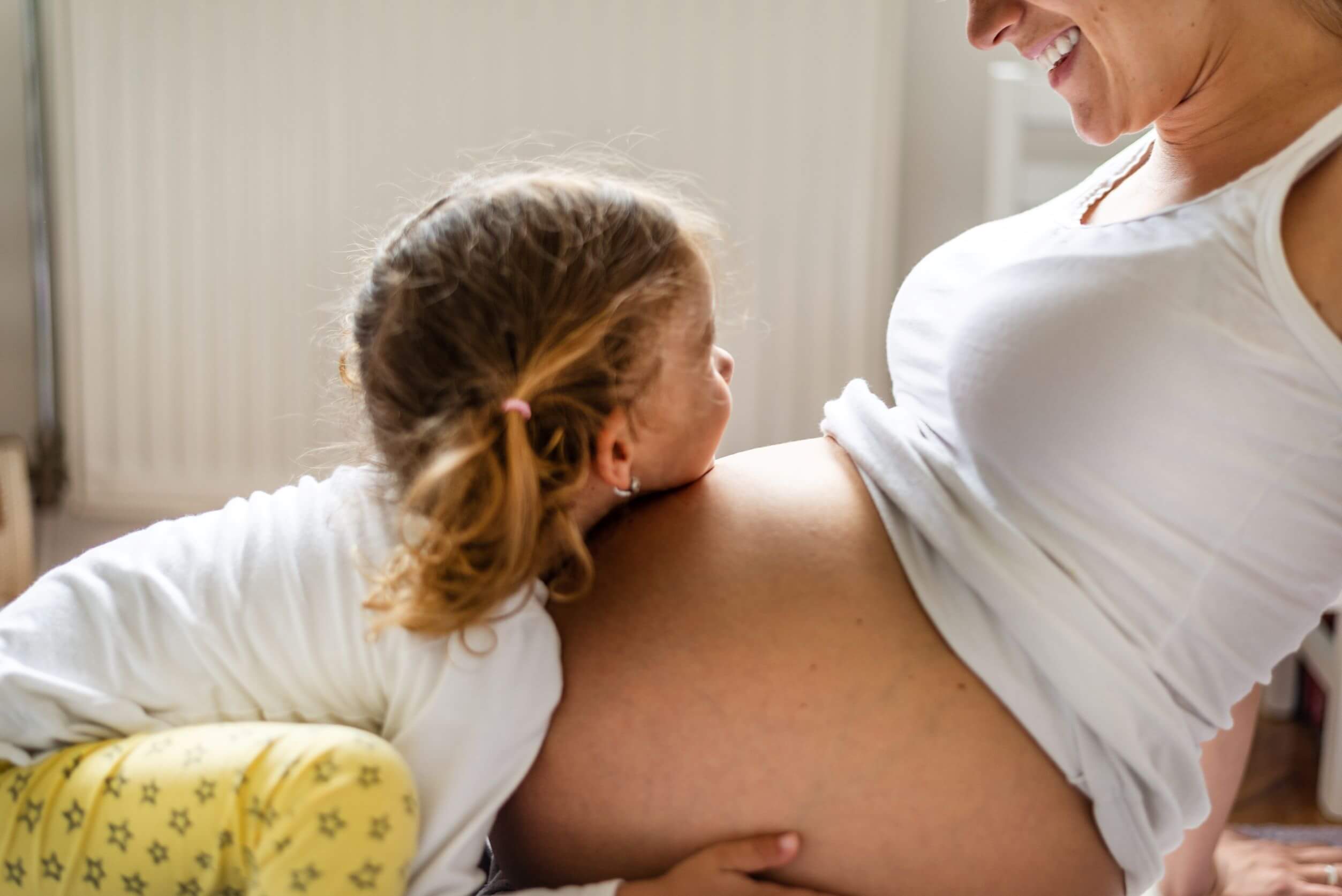04/07/2023
Nutrition tips for pregnant women

One thing is clear: When you are pregnant, you need more nutrients
The nutrient requirement during pregnancy increases much faster than the energy requirement. While only 10% more calories are required at the end of pregnancy, the need for folic acid increases by a good 80%, that for iodine by 1/3 and that for iron by as much as 100%.
In fact, pregnant women should pay particular attention to their intake of iodine, folic acid, iron and omega-3 fatty acids.
It is not always possible to ensure a good supply through diet alone. Supplementary products can be particularly useful in the case of iodine and folic acid. To be on the safe side, pregnant women should also have their iron and vitamin D levels checked so that a possible deficiency can be recognised and remedied at an early stage.
The key nutrients for pregnant women
How to get them on the table:
Sea fish, milk/ dairy products and iodised table salt are particularly suitable for providing iodine. However, you should pay particular attention to the origin of sea fish, which is recommended twice a week, due to the pollutant load.
Well-utilised iron is mainly found in lean meat. Although liver contains a lot of iron, it is not recommended during pregnancy for various reasons. The German Nutrition Society (DGE) points out that the greatly increased iron requirement of pregnant women cannot usually be covered by their normal diet. A simple blood test by a doctor provides reliable information about a pregnant woman's iron supply.
Of course, folic acid is particularly important. Women who are planning a pregnancy should make sure they have a sufficient supply of folic acid at an early stage. Folic acid is mainly provided by certain types of fruit and vegetables such as leafy greens. The official recommendation is a supplementary intake of 400 μg of folic acid daily for at least one month before and up to three months after conception. More on folic acid:
Omega-3 fatty acids: Cold-water fish such as mackerel, tuna, salmon or herring, linseed oil and walnuts are known for their richness in omega-3 fatty acids. Of course, pregnant women should also take particular care to ensure that the fish they eat is not too heavily contaminated with heavy metals and other harmful substances. It is scientifically recognised that the mother's supply of the omega-3 fatty acid docosahexaenoic acid (DHA) during pregnancy and breastfeeding influences the development of the brain and eyes of the foetus and the breastfed child. For the normal development of the brain and eyes of the foetus and the breastfed child, the pregnant or breastfeeding woman is recommended to take 200 mg DHA per day in addition to the recommended DHA and EPA intake of 250 mg.































